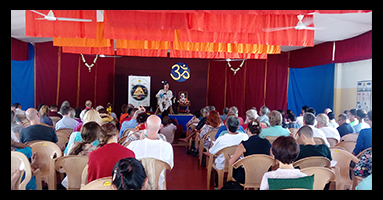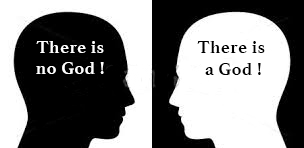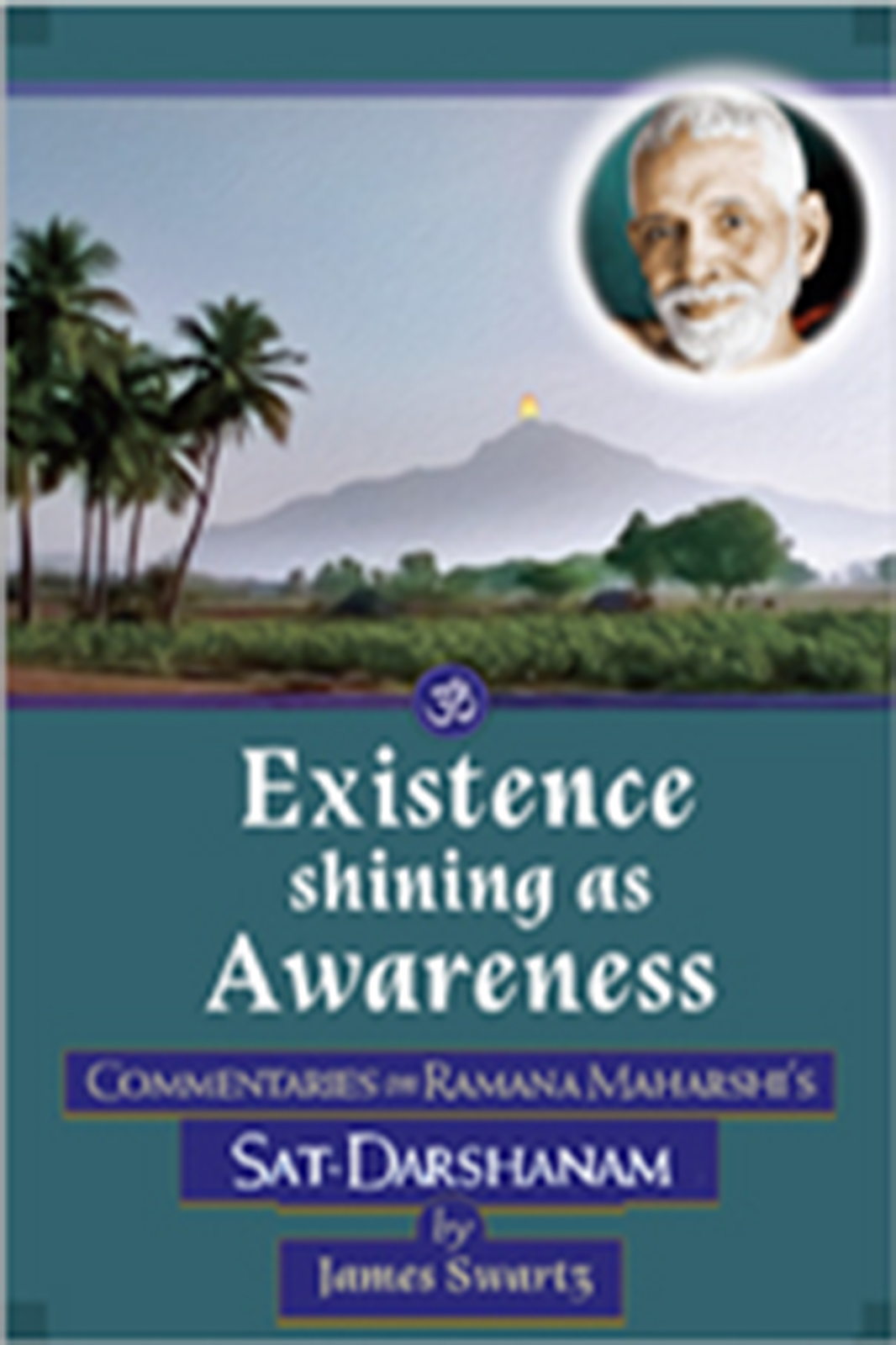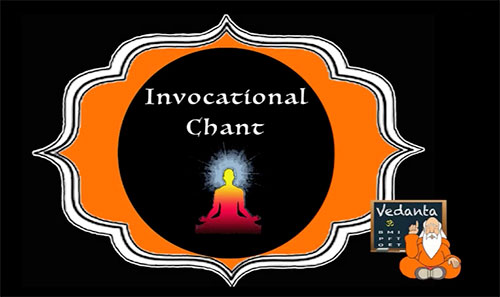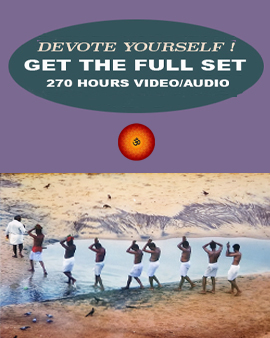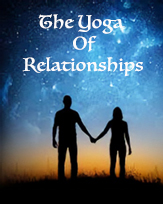Introducing the ENLIGHTENED LIFESTYLES Trilogy
by Isabella Viglietti (Sundari)
NOW AVAILABLE IN PAPERBACK at Amazon.com. Coming soon in ePub format for your preferred digital reader!
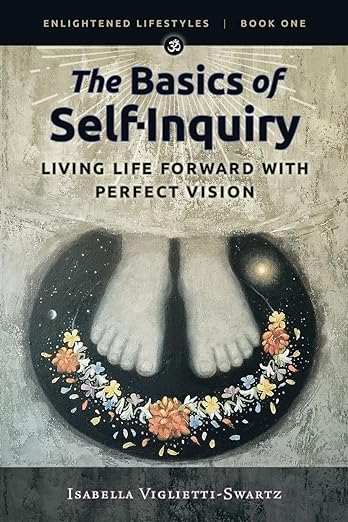
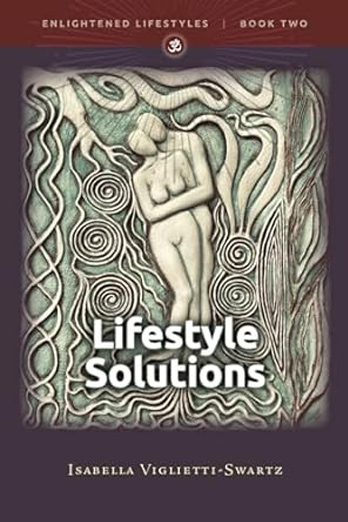
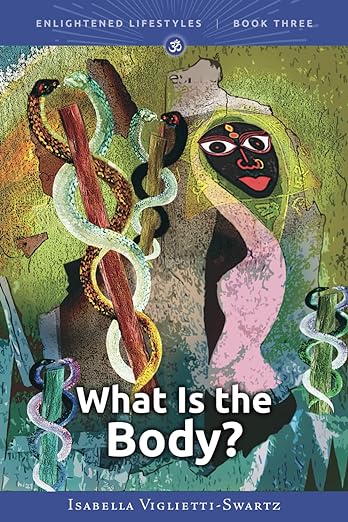
HOW DOES IT FEEL TO BE FREE? – ENLIGHTENED LIFESTYLES – MARCH 23, 2023 via ZOOM
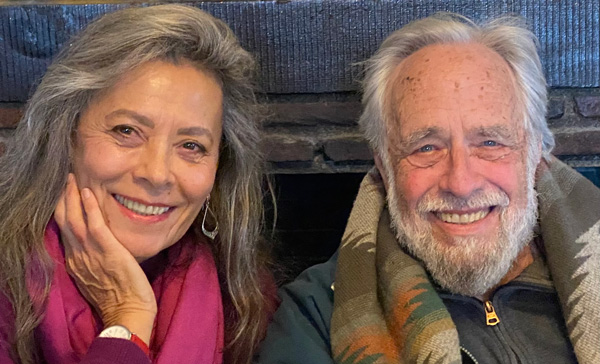
Shiningworld is the home of James and Sundari Swartz, who teach traditional Vedanta in a non-traditional format. The resources here will aid you in your understanding of your self, non-dual awareness. more
ShiningWorld
Paperback Library
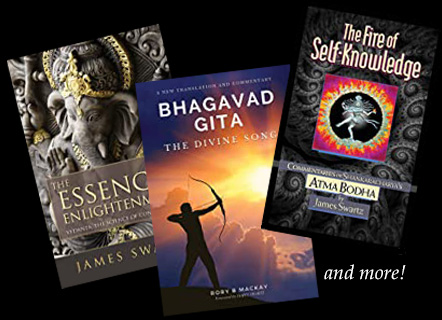
ESSENTIAL VEDANTA BOOKS
PRICED AND SHIPPED REASONABLY TO OUR FRIENDS IN
EUROPE & THE UK!
LATEST SATSANGS
TESTIMONY TO THE POWER OF VEDANTA IN EVERYDAY LIFE










To see God standing as being and shining as awareness is like looking, lamp in hand, for darkness.
Those who fail to see you whose being is awareness, like the blind, see not the sun.
Mighty mountain, peerless jewel, one without a second, you shine within my heart. – Ramana Maharshi




